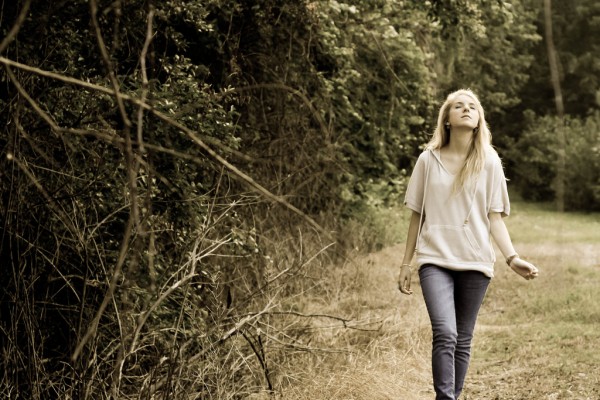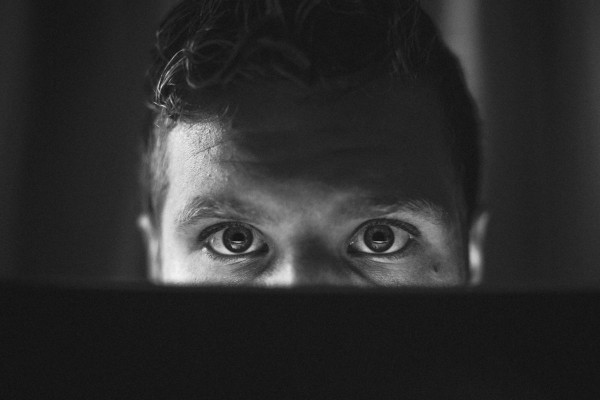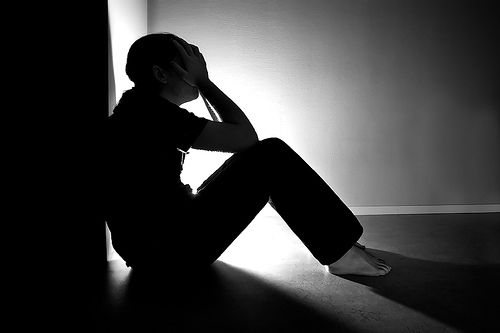

It all came back to me. Reading my journals from ten years ago, I remember how painfully stuck I was in my inner turmoils. Every day, for several years, my entry was almost identical.
First, the confessions. I ate too much. Smoked too much. Did not exercise enough. Made a fool of myself at a party.
Then, the self-beating. I am so weak and hopeless. How can I be so stupid… again? I’m never going to get out of this.
Next, the psychoanalysis explaining my behaviours and inability to change.
Then, the vows and commitments. Tomorrow, I will stop smoking. I will socialize more. I will wake up early and spend the whole day writing.
Tomorrow is The Day of Transformation! The beginning of a new phase of my life: when I will become my best self, the highest potential of who I am!
No more excuses. Finally, once and for all, I will be the real me! This is not me, and I don’t want to be this disgusting person anymore.
Finally, the desperate grasp for hope. I have a good feeling about this. I know I’ve said this before, but this time it’s different.
Insanity, Albert Einstein said, is doing the same thing over and over, expecting different results.
The thing is, until I looked at my journal from the perspective of my life today, I did not realise the extent I was on the hamster-wheel. It seems absurd now, but I actually thought that I was getting somewhere.
The Illusion of Control
I felt so insecure with myself and my life that I was constantly driving myself to try to fix it. But little did I know that my actions were taking me further and further away from myself, from the only place where my deep insecurity could be healed.
When I look back at my actions, it’s almost as if I wasn’t really conscious doing them. They were mostly defensive actions, and actions that went against my values. They didn’t leave me feeling good about myself because they did come from my heart. They simply reflected the conflicts in me; as I acted out my internal world, my actions simply reinforced the turmoils I was experiencing inside.
I thought I could make my inner turmoils stop by fixing my outside world. I used to think, “If only this situation or that situation would change, I would be at peace inside.” What I didn’t realise was that I needed to do something to change the way I behaved inside.
I didn’t really understand the concept of self-change, and I ended up focusing on fixing my external self – i.e. how I appeared on the outside. My inner world was a mess, and the more I tried to fix myself, the more tangled up I became.
But oddly, it gave me the illusion that I was making progress, so I kept repeating the same things over and over.
Eventually, I did become unstuck. Here are three things I learned.
#1 You can simply allow the untangling to happen.
Contrary to what we think, the more we try to fix things the more entangled we may get. This is because we’re acting out of a place of being tightly wound-up. Thus, we have little space to maneuver ourselves within that tight space, and as we exhaust more of our resources the more tightly wound-up we become.
If there is one thing that I learned in all my years of personal growth, it is this: There is a natural mechanism that allows our turmoils to untangle, if we do nothing.
As simple as this wisdom is, most people would not choose to do nothing. It is far too uncomfortable for them. This is the root of all addictions and self-destructive behaviours: the inability to stay with the discomfort of not acting.
#2 Trust that it is safe to not act or react.
The reason we find it difficult to do nothing is we don’t trust that it is safe. You might say, how do I trust? Trusting is an action, not a quality you either have or don’t have. It’s a choice, a decision of where you want to stand about something.
Often, when we don’t trust, it’s not because we have chosen not to trust something but we are vague about it (we haven’t decided). So it’s not something that we must wait to feel. Rather, it’s a state we can choose to hold right now.
#3 The right action will be shown when you stop trying to control.
We often worry that unless we do something about a situation, we won’t reach a resolution or improve the situation. We believe that not doing something is irresponsible, and the situation will worsen if we take our hands off it.
Hence, we end up madly trying to control things, overdoing our planning in a bid to bring about rigidly conceived outcomes. As you probably experienced, the more you try to control things, the more it seems to be out of your control. This is because when your actions are driven out of fear, they tend not to yield resolutions.
When I stopped trying to force a resolution or a specific outcome, many times I was surprised with an idea that was so refreshing, unthought-of and delightfully creative that time and time again it reinforced my belief that surrendering my fear-driven control is the way to go.
You see, there is a spiritual force that governs our lives. Beyond the cause-and-effect of the physical world, there is a greater intelligence that informs us of what we can do beyond our limited perspective of our problems. Ideas that come from a higher place. But we can’t hear it unless we stop efforting.
What did you experience when you let go of control? What happens when you surrender your problems to the unknown?










